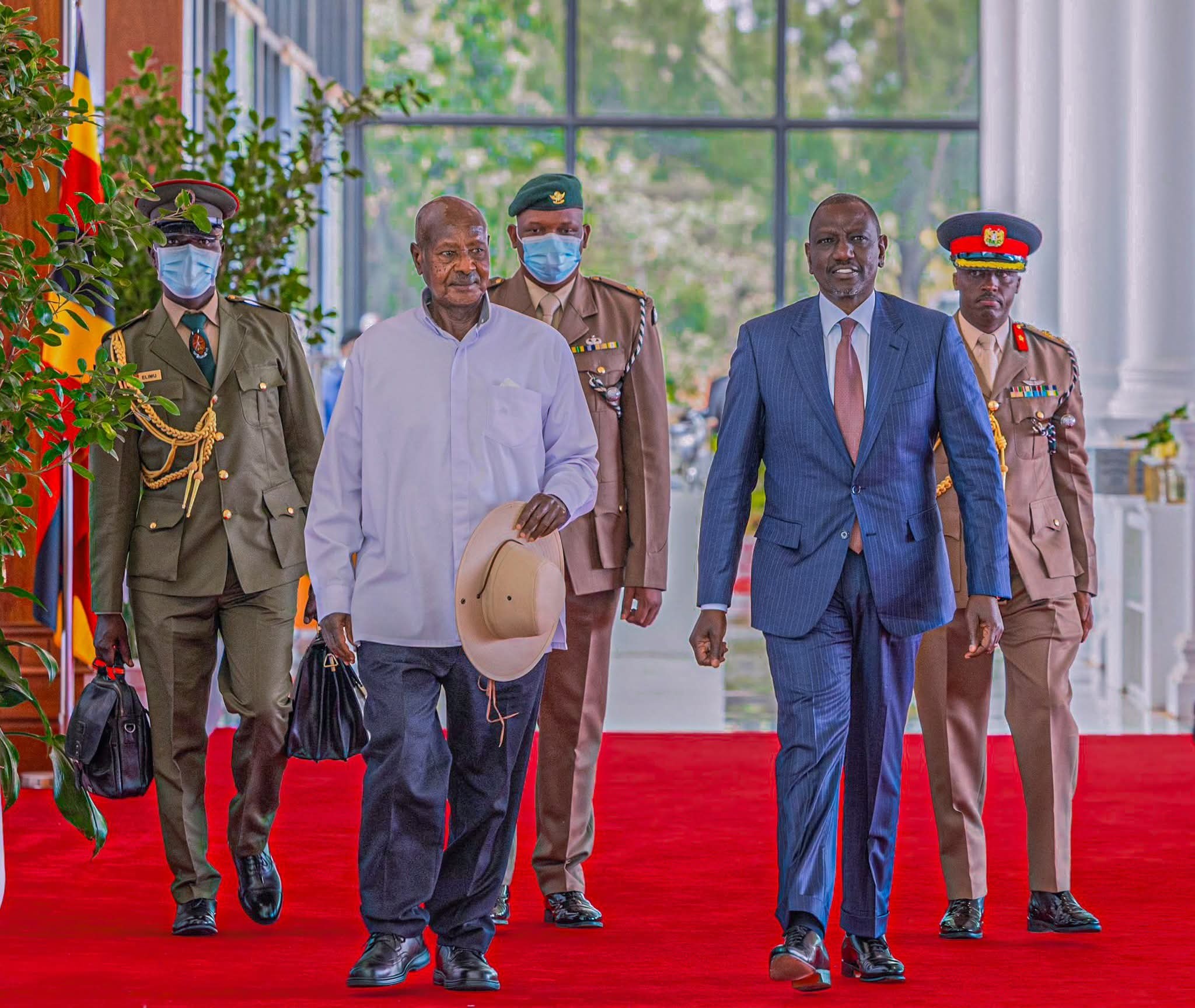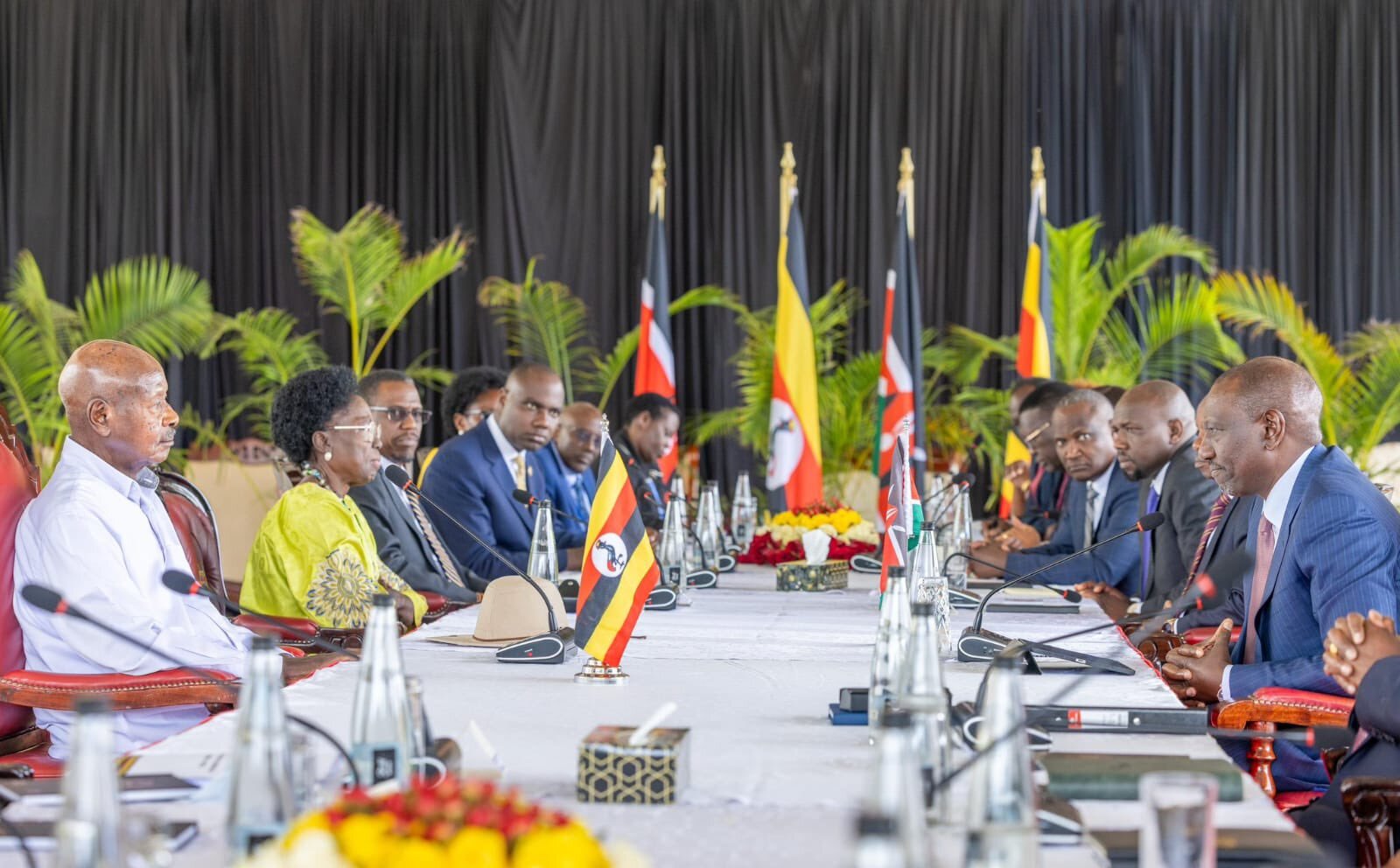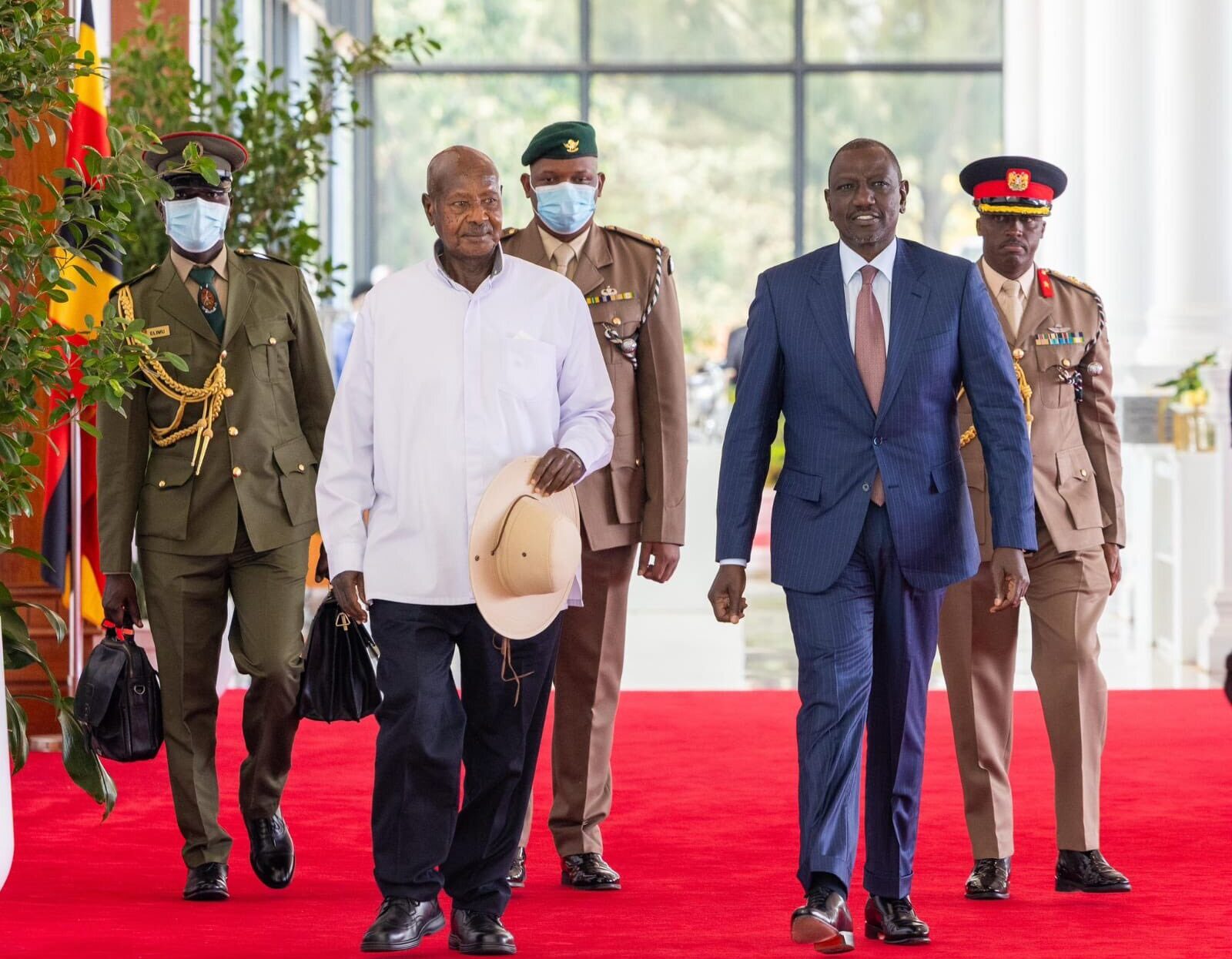On July 30, 2025, Ugandan President Yoweri Museveni made a significant official visit to Nairobi, Kenya, where he and Kenyan President William Ruto signed eight new agreements designed to deepen bilateral cooperation and boost economic and social ties between the two neighboring countries. This visit and the agreements mark a new chapter in Kenya–Uganda relations, reinforcing ongoing efforts within the East African Community (EAC) to foster regional integration, peace, and shared prosperity.

At the ceremony held at State House Nairobi, President Ruto and President Museveni witnessed the signing of the memoranda of understanding (MoUs), which cover a range of key sectors essential for mutual development. According to President Ruto, these new accords build upon 17 pre-existing agreements, further enhancing collaboration in areas such as tourism, infrastructure development, agriculture, mining, fisheries, standards and quality assurance, transport and logistics, livestock farming, and investment promotion.
Specifically, the agreements aim to:
- Promote tourism and eco-tourism through joint marketing initiatives and cultural exchanges that will benefit both countries by attracting more visitors and leveraging shared heritage.
- Advance transport and logistics, including modernization efforts intended to improve the movement of people and goods across borders. President Ruto highlighted ongoing infrastructure projects like the Standard Gauge Railway extension from Naivasha to Malaba and eventually into Uganda, as well as road upgrades from Nairobi towards Uganda, which will enhance connectivity and trade.
- Strengthen agriculture and livestock cooperation, with a focus on veterinary services, crop health, and food security, building resilience against regional challenges affecting farmers and herders.
- Support fisheries development, tapping into the blue economy potential of shared water bodies, while also addressing cross-border challenges such as the Migingo fishing dispute.
- Increase standards and quality assurance collaboration between the Kenya Bureau of Standards and the Uganda National Bureau of Standards to combat illicit and sub-standard goods, which benefits consumers and traders alike.
- Encourage responsible mining practices by building institutional capacities and fighting mineral smuggling, which will foster sustainable exploitation of mineral resources.
- Promote investment opportunities to accelerate industrial growth and economic diversification.
One of the landmark initiatives announced was the planned establishment of the largest steel factory in the East African region, a joint project that aims to reduce dependency on steel imports and create export opportunities. This strategic industrial venture underscores the two countries’ commitment to building local production capacity and consolidating regional markets.

President Museveni emphasized the importance of consolidating African markets to replicate the continent-wide prosperity seen in other regions such as the United States, where a large integrated market has facilitated economic growth. He reiterated Uganda’s dedication to resolving longstanding issues, including the Migingo fishing conflict, in collaboration with Kenya.
Beyond economic collaboration, the visit also served as an opportunity for high-level discussions on regional security, peacebuilding, and addressing cross-border conflicts, such as the agreements nearing completion to manage resources and promote peaceful coexistence between the Turkana community in Kenya and the Karamojong in Uganda. This social dimension of cooperation aims to bring stability along the border regions and improve the livelihoods of pastoralist communities affected by drought and conflict.
The two leaders also addressed ongoing challenges such as non-tariff barriers affecting trade flows and expressed determination to tackle these issues through upcoming Joint Ministerial Commission meetings and trade committees. Both Presidents reaffirmed support for advancing the East African Community integration agenda encompassing the Customs Union, Common Market, Monetary Union, and eventual Political Federation.
President Museveni’s one-day visit to Nairobi on July 30 was part of a broader regional effort to deepen East African cooperation and development. His reception underscored the enduring ties and shared ambitions of Kenya and Uganda to work closely for mutual benefit, regional stability, and economic growth.
In conclusion, the agreements signed during President Museveni’s visit constitute a comprehensive framework to enhance Kenya-Uganda relations in diverse sectors critical for prosperity and integration. They highlight a shared vision for a stronger, more connected East Africa capable of overcoming challenges and capitalizing on opportunities through collaboration, infrastructure development, and industrialization.

